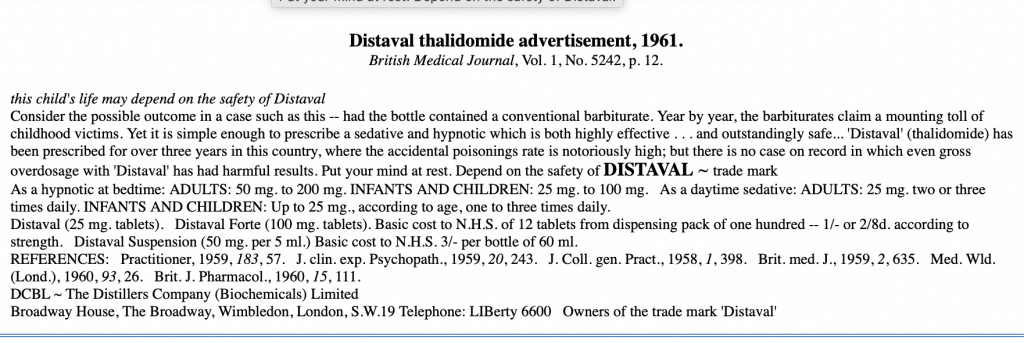Why A Former Vaccine Sales Representative Said No To The COVID Vaccine
At the top of her profession and being looked at for further promotion, Jennifer Derzaph explained that part of her 20 year career working in medical sales entailed knowing the products she was selling in depth. This means being able to explain to physicians why the drug she advocates for is better than the competitor's, and this process includes studying and reading medical trials.
“I’ve got to know that paper inside, out, and backwards because General Practitioners don't. They've got breadth, they don't have depth. So that's where a rep adds value in saying things like, these are the side effects that you need to warn your patients about.”
Jennifer Derzaph
Having sold vaccines for HPV and shingles, along with other drugs and medical equipment, Derzaph has extensive experience reading through and discerning medical trials, seeing marketing materials and comparing competitor products.
Most recently however, she was fired from her job due to questioning the “safety and efficacy” of the COVID vaccines. When she went to research the products, she found herself unable to answer simple questions that she would normally be able to.
“I've yet to find anything that says these [COVID vaccines] are safe for youth. I've seen a trial design from Pfizer and the trial design is so convoluted. I lost track of what they were actually trying to do.”
Jennifer Derzaph
Trials for vaccines traditionally take anywhere from seven to fifteen years. They start with animal models first, then go from phase one to three before reaching the public. Then the trials are published in peer reviewed papers. This is not what happened with these (COVID) vaccines. This is what leaves some people, including Derzaph, confused as to how media outlets and marketing materials could say no shortcuts were taken.
The length of the COVID trial in itself is evidence of corners being cut.
Derzaph explains that The Pharmaceutical Advertising Advisory Board (PAAB) looks through all medical marketing materials to make sure that all presented information on pharmaceutical products is true.
For example, we have seen in the media that there is "no evidence that the COVID vaccines effect fertility," however if the studies needing to be done to see the effect on fertility have not been done, and it is not known how they might effect on fertility, then technically saying "no evidence that the vaccines effect fertility," is true.
That being said it doesn't mean that the vaccines do not effect fertility, it just means there is no evidence because it has not been looked at extensivley.
This is a page from the Product Monograph for approved COVID-19 Pfizer vaccine from September 16, 2021.
“There's no evidence. So of course it's safe and effective for pregnant ladies. Well, how do we know that it's not? We don't."
Jennifer Derzaph
Another common phrase we are seeing is that the COVID vaccines are “safe and effective.” What does this really mean? The statement gives a lot of room for skewed truths. It seems to be more of a marketing slogan than anything that points to data or solid substance. The fact that the vaccines were marketed as 95 percent effective with no mention of the 1 percent absolute risk reduction is one of multiple examples of skewed truths.
The 'safe and effective' slogan has been used in the pharmaceutical industry many times before, including in the late 1950s and early 1960s to sell thalidomide, with the brand name Distaval. It's why companies like Pfizer have paid billions of dollars in criminal convictions.
The entire marketing campaign of Distaval was built on the idea it was a safer drug than non-barbiturate drugs. This messaging was no doubt technically true, while simultaneously causing the deformation and death of thousands of babies when pregnant mothers took it for morning sickness. This drug was considered 'safe and effective.'
Is it really safe and effective? Perhaps it depends on the circumstance, the person, and the further analyzing of risk.
Thalidomide was used until 1998 in the US for cancer treatments and remains on the World Health Organizations Model List of Essential Medicines. It is still used in certain places to treat leprosy, and has been used to treat HIV related illnesses. It is not used for morning sickness in pregnant women anymore however.
There are thousands of drugs and products pulled off the market every year in the US alone. Sometimes they are black boxed, which means too many deaths are occurring and there is a full stop to the product. In these situations the trials did not pick up the signal well enough until the drug entered the general population, yet it was considered to be "safe and effective" until it no longer was.
"I told you about Vioxx, that's a perfect example. They did the trial, saying it is effective, and it's safe, not a problem to use. And then they continue to do trials afterwards and found out that the parameters of safety weren't where Merck, the manufacturer was comfortable with. So they pulled it."
Jennifer Derzaph
This bring us full circle to the idea of mandating a medical treatment for everyone no matter their age, previous health conditions, and current health.
"Is there ever a time that medical treatments mandates are a thing? Never, ever, ever! I think it is absolutely ludicrous."
Jennifer Derzaph
Vaccine adverse reaction tracking systems like VAERS or the UK's Yellow Card system are providing a signal that is currently not being taken seriously by governments. With vast numbers of serious injury and deaths reported in these systems, is this a signal we should be looking out for when it comes to COVID vaccines?
Is it true that everyone agrees that these vaccines are "safe and effective?" Or are those experts bringing up reasonable questions simply being silenced?






